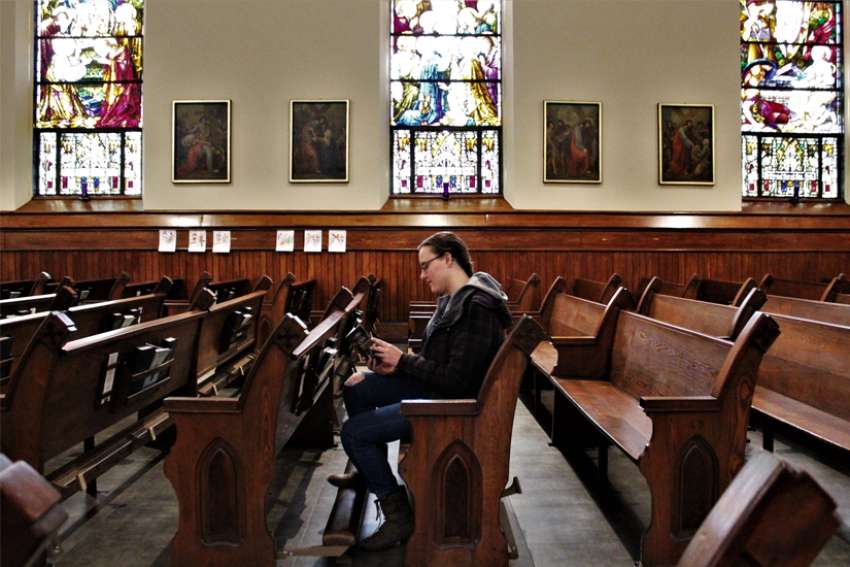For those of us who are students, the most significant impact of this is the closure of schools. School closing may sound like a hurrah moment for a lot of us, but for those who are graduating, may it be from high school or post-secondary, this is a challenging time. School represents a place for us to look into the future.
We are potentially facing no more lessons, no internship opportunities that prepare us for the workforce and no in-person access to mentors who will help us and inspire us to get to our next phase in life. Everything is halted.
The impending end of the social distancing is something we desire because all we want is to graduate. We want to get out into the world so that we can make a difference. We look forward to our contribution to the world. But that, too, must be put on hold as we navigate each day of this “new normal.”
Fortunately, the student experience isn’t over. We all were sent home with loads of homework to do, a lot of essays to write and exams to study for because we know that it’s not yet all over. We, maybe for once, are looking forward to it. Our academic assignments keep us all grounded and hopeful. It instills us with the confidence that the day will come when the virus ends
There is also a lesson to be learned in compassion and benevolence. It is quite fascinating how our reaction to panic is to hoard everything and keep it to ourselves. It has become entirely automatic for us to focus on ourselves and forget about everyone.
It started from the hoarding of the medical masks the moment the public heard of the virus potentially being airborne. Then there was the hoard of panic buying of toilet paper.
Don’t we realize the implications of our actions? Hoarding supplies when we are neither front-liners nor showing symptoms lessens the quantity for those who need it the most, putting more people in danger.
This pandemic is urging us to think outside of ourselves. It seems that we North Americans are often extremely detached from the cries of the rest of the world. Pain and suffering are only seen on TV and in pamphlets at fundraisers, but it is a scary daily reality for people living in other places in the world. Our past few days and weeks only afford us a glimpse of what they go through.
This COVID-19 crisis could teach us how to love once again. That love is not always the mushy and gushy feeling we get when watching romantic movies. Love is a selfless act towards another. It is caring for your neighbour just like Jesus did.
God does this sometimes — the big messages. Do not think of this as punishment, but a lesson — a lesson for us to listen to and come back to Him.
(Ducepec, 22, is a Bachelor of Science undergraduate student at the University of Toronto studying Anthropology.)


